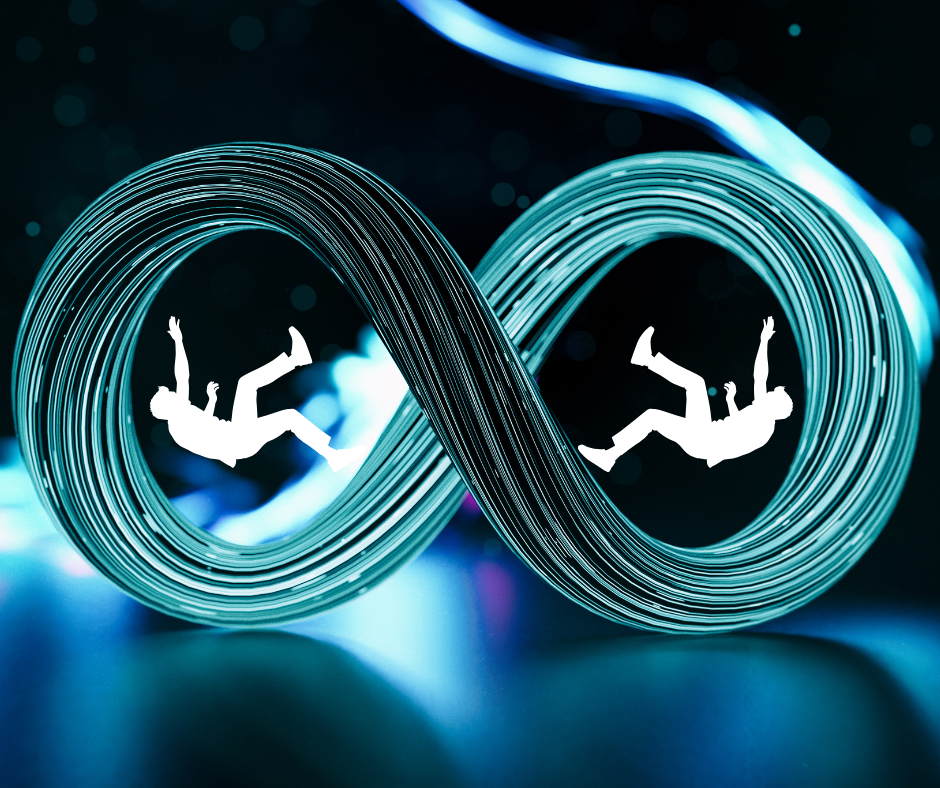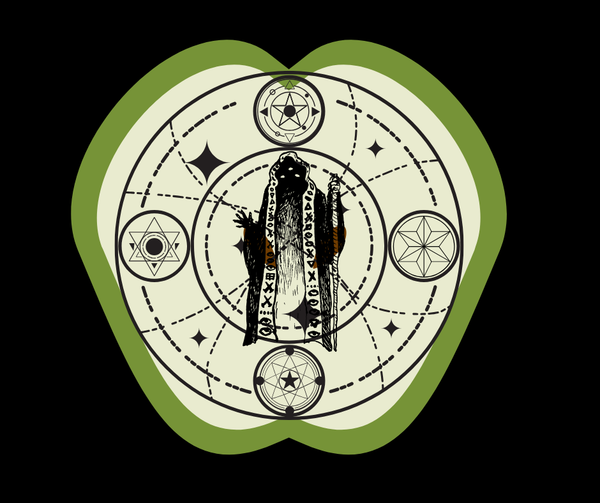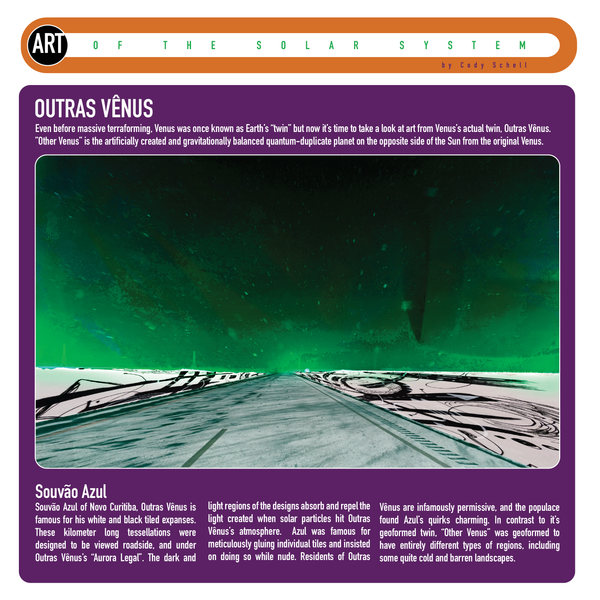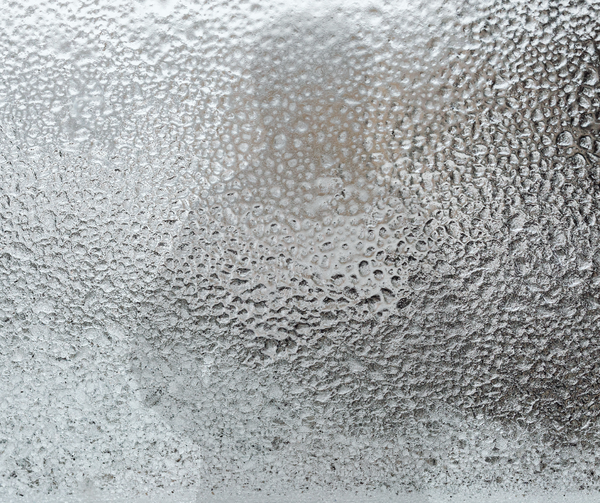Network Creep

by Corey Jae White
the matter transfer room resembles a cathedral. The gate a window waiting to open onto the light of all Creation, brighter than a thousand suns.
Sometimes I stand on the observation deck and watch storage containers break through the wall of blazing energy and my eyes ache even through the shielded glass. The regulations tell us not to stare, but who am I to resist?
When Peta and I are working, the gate stays closed, surface like liquid stone moving imperceptibly. The ceiling is shaped like an apse, spiral galaxy filigree marking where the surface splits, the maw spilling wide to admit starship engines or entire asteroids.
But only after we have purified the transept and chancel.
There is no altar in this church, just a sensor array like a sleek black slab, apparatus too sensitive to be exposed. Nanomachines gather samples for study. It was they that found the plaque.
It creeps through the gate, powered or not, regardless of connection to the network. A malfunction, some say. Others, an invasion. Others still, a miracle: stigmata bleeding through from somewhere beyond our universe. Nodes like ours chosen to bear witness.
“John, stop staring at the gate and get back to work. The only miracle is how much they pay us to scrape up this crud.”
Plaque. Crud. Crust. It has many descriptors, but no true name.
“If it’s not a miracle,” I say, “what is it?”
Peta shrugs, clean-suit crinkling with the motion. “Above our paygrade.”
“Then I’ll call it what I want.”
Peta sighs, breath scraping over the microphone inside their helmet.
Nothing living can traverse the network, yet the plaque creeps through. If it is not living, then it cannot die. Immortality is proof of godhood.
I kneel before the gate, the miracle/crud dappled over the floor, HUD-marked red so I cannot miss a spot. I scrape my hardlight blade across the surface, the glow throwing my shadow wild behind me. It hums with each stroke, the pure tone crackling when it touches plaque. The motes are invisible, they say, but I can see them. Pinpoint lights that refract every spectrum, even colours I cannot see. I can taste them. I can smell them. They reverberate inside my skull.
The floor is easy. For the walls and ceiling, we climb with spider-like exoskeletal limbs. Their movements are choreographed by the nanomachines, our bodies lurching helplessly, carried by machine apparatus. Only when the nanomachines are content with our work are we allowed to finish, the collected plaque condensed into cylindrical holds, waiting to be fired into the local star.
As the nanomachines release me from the exoskeleton, the cylinder vibrates in my hand, speaking beneath language, beneath sound. The exoskeleton takes it and carries it away.
“Time for a drink,” Peta says, striding to the airlock. “You’re buying.”
I nod. There’s little else to spend our scrip on.
Robot arms extend from the airlock wall and remove our clean suits. I smell myself only in contrast to the sterile air of the lock—a meat smell, not entirely unpleasant. Peta smells sour, like onions, our combined scents foul compared to the plaque’s pure sense-stimulation.
We are scrubbed and cleansed so no speck of plaque can escape the nave, but we can never be purified. Not truly. Other nodes tried robots, but their joints corroded with the constant cleaning. That’s why we’re here. Nanomachines mark the crud across our clean-suit HUDs, but we do the work. Cheap, reliable, replaceable.
I trail Peta to the mess hall, detergent smell lingering.
“Beer,” Peta says, taking a seat.
I scan my chit, pour two drinks, and join them at the table.
“Salut.” Peta clinks their glass hard against mine, sloshing beer in sacrifice to the cleaning bot.
“Cheers,” I say, taking a sip.
We fucked once, soon after Peta transferred, due more to that ancient physiological drive than any real attraction. Now we pretend it never happened.
“Do you ever go in when you're not on shift?”
“Never thought to,” I say.
“I'm surprised; you’re obsessed.”
The spilled beer is a tiny pond on the table’s surface, the amber pool held together by cohesion. That familiar light refracts from within, my skull reverberating again… or still.
“I just treat it like a job—you should try it sometime.” Peta takes a gulp and puts the glass down, leaving another crescent of condensation. “When I finish my rotation, I’m taking a long break. Maybe meet someone, settle down. Join everyone else living like they’re in a nature documentary. We’re born, we struggle, we procreate, we die, someone else carries on.”
The vibration fades. “What?”
“I said I think I’m ready to get back to society. Got enough money saved to put down some roots.”
We have built this network of gates across the stars, but however many lightyears from Earth, we can’t distance ourselves from the animal. Like the plaque, we spread. We tell ourselves we choose to do so. We reason. But there is no reason. Only physiology.
“You’ll stay, won’t you?” Peta asks. “A monk to the network.”
Not the network. The plaque. It needs me.
I open my mouth to speak, but there’s no point. No intelligence behind this conversation, only roles. Peta the sceptic, I the faithful. We act as we’re meant to. Our script is our DNA.
I shrug and say my line: “The money’s good. I’m still saving.”
I’m just one part of the human network. Deindividuated entities clamouring for a self/lie. There is only now. This moment experienced by body and mind. No past, no future, no true self to tie them together. There is only reaction, only instinct, only life seeking to further itself. Itself.
The hum grows louder. Overwhelming.
“Have we done this before?”
“Endlessly.”
I finish my beer and leave, drawn by the hum. I pass empty corridors and slip into the observation area. Brilliant light bursts through the closed gate, luminous tendrils with no beginning or end.
I never realised before: the




